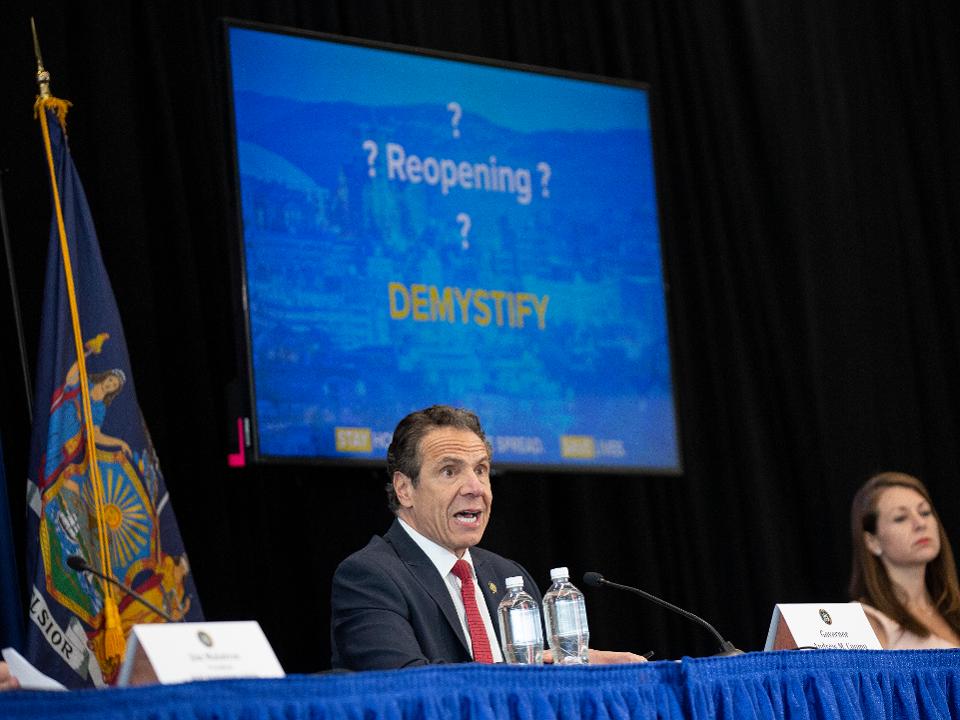President Trump has taken a pointedly anti-scientific approach to the Covid-19 pandemic. When he is not hiding data, gagging public health experts, or touting unproven cures, he is downplaying the toll the virus is taking on people’s lives.
In the face of such indifference to facts, it is understandable that many people, including both Republican and Democratic governors, contend that politics should stand aside while science leads us out of this mess. For instance, a pact among Eastern states promises to coordinate their pandemic response in a manner “driven by data and experts, not opinion and politics.” A pact of western states put it even more tersely, vowing that “health outcomes and science – not politics – will guide these decisions.”
Unfortunately, that belief reveals a deep misunderstanding of the proper role of science in guiding public policy-making. Science cannot lead us out of the pandemic. Whatever paths we take to navigate COVID-19 need to be chosen through political processes. The true role of science is to illuminate these pathways, guiding our policy choices by showing us what’s at stake.
As an analogy, consider the role of science in helping a person newly diagnosed with advanced cancer. As a physician who studies medical decision-making, I would never recommend this patient choose a treatment without help from medical science. But science alone doesn’t always point to an obvious choice. Perhaps one chemotherapy has a small chance of curing the cancer but a risk of serious side effects, while another, gentler chemotherapy will slow down, but not cure, the cancer. This patient faces a difficult trade-off between chance of cure and likelihood of experiencing miserable side effects. In this situation, the best choice isn’t a matter of science, but instead hinges on a value judgment: on how an individual patient weighs the pros and cons of the alternatives.
Like a patient stricken with illness, the United States needs to decide how to treat the COVID-19 pandemic, with every pathway forward confronting us with tragic trade-offs. What can science do to help us navigate these trade-offs?
To read the full article, please visit Forbes.

